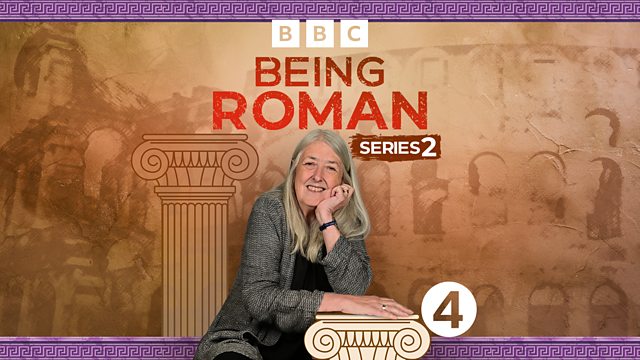12. The Wolf of Via Vesuvio
150 receipts, carbonised in the ruins of Pompeii, reveal the economic life of the city- and the profitable life of the local moneylender
Lucius Caecilius Iucundus kept the economic wheels of Pompeii well greased. He was a middle man doing very nicely- part money-lender, part auctioneer, part banker, all hustler.
Thanks to the eruption of Mount Vesuvius and the preservation of the ruins of Pompeii, we can still visit his house, look at his bronze portrait, and read his account books. 150 tablets of receipts, carbonised in the destruction of Pompeii, lead us through the deals that keep the city鈥檚 economy moving. If you want to buy a Ferrari-level horse but only have the cash for a Fiesta then Iucundus is your man. It might look like dry stuff, but it's as revealing of real life as snooping on someone鈥檚 Paypal account or leafing through their credit card receipts might be now. Never mind imperial plunder and luxury lifestyles, it鈥檚 a glimpse of how the economy works in a regular town.
Mary Beard visits Iucundus's home and talks to the novelist Robert Harris about his fascination with the Pompeii moneylender.
Producer: Alasdair Cross
Expert Contributors: Sophie Hay, Parco Archeologico di Pompei; Matthew Nicholls, Oxford University
Special thanks to National Archaeological Museum, Naples and Parco Archeologico di Pompei
Last on
More episodes
Previous
Broadcasts
- Tue 11 Jun 2024 09:0091热爆 Radio 4
- Wed 12 Jun 2024 21:0091热爆 Radio 4
Podcast
-
![]()
Being Roman with Mary Beard
From a slave to an emperor, Mary Beard reveals the real people of the Roman Empire.


